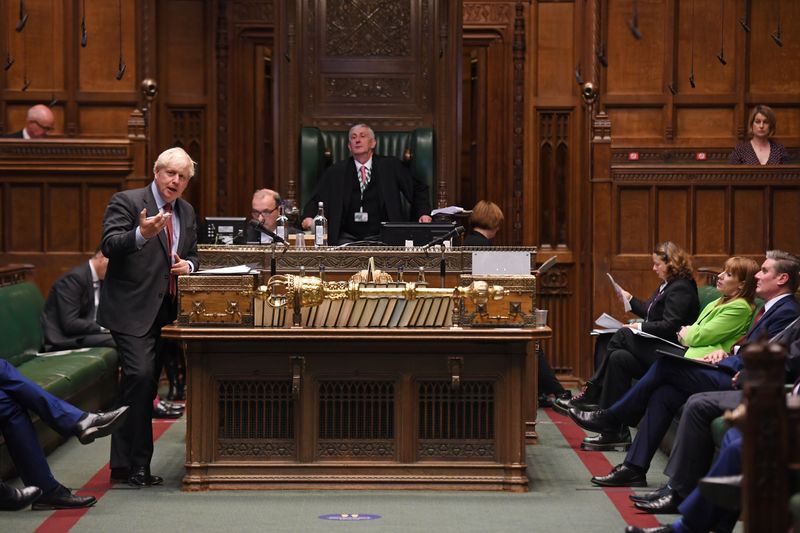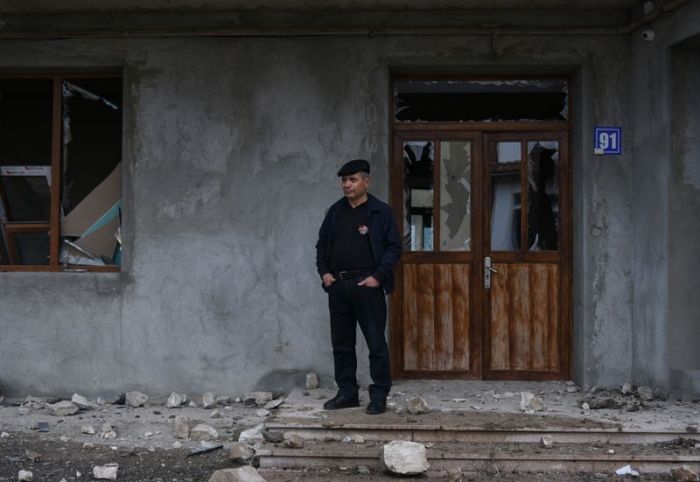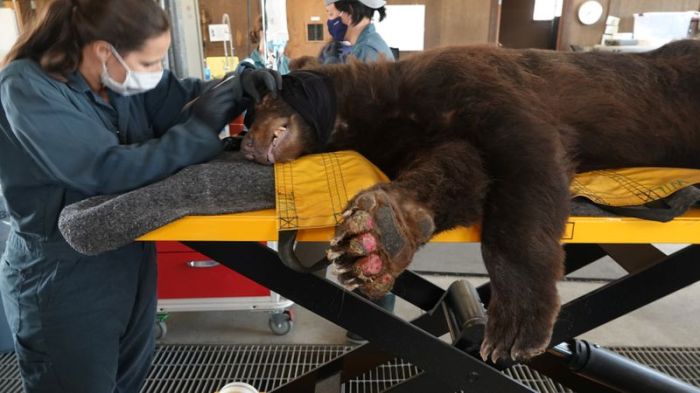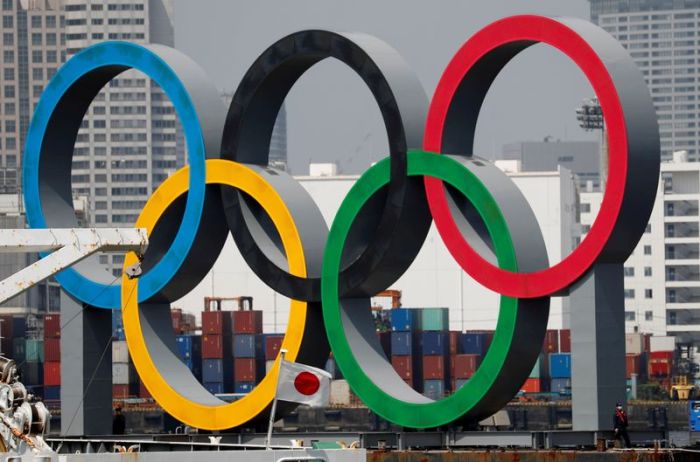LONDON (Reuters) – Britain’s parliament will vote on Tuesday on the imposition of a 10 p.m. closing time for English pubs, bars and restaurants, a measure the government says is necessary to tackle COVID-19, but which the hospitality industry says is destroying businesses.
The early closing time was introduced across England, Wales and Scotland last month, and has swiftly become a focus for anger in Prime Minister Boris Johnson’s Conservative Party, with many saying there is no evidence for a measure that could end up forcing local pubs and restaurants out of business.
Scotland’s government on Wednesday went further, including ordering pubs in Glasgow and Edinburgh to close for 16 days.
More restrictions are also being considered for parts of Northern England, Communities Secretary Robert Jenrick said on Thursday.
But while Johnson might see some of his lawmakers vote against the measure already in place, a government defeat looked less likely after opposition Labour leader Keir Starmer said his party would not vote against the rule on closing early.
Jacob Rees-Mogg, leader of the House of Commons lower house of parliament, said the debate would come on Tuesday, setting the scene for a possible showdown between government and so-called rebels in the governing party.
“The government took the decision to move the debate to the floor of the house in recognition of the level of demand for the debate, so we are being responsive to what is being asked for and ensuring proper scrutiny,” Rees-Mogg told parliament.
Johnson has been criticised for his response to the coronavirus crisis, which is spiking again across much of the country and especially in northern England. He has said September’s restrictions were necessary to slow the spread.
But the main opposition Labour Party and some members of his party say those measures have done little to curb the increase in cases, calling on the government to provide parliament with the scientific and medical thinking behind them.
Starmer said there was “growing concern about the 10 p.m. curfew” and that the measure needed to be reformed.
“The problem with the vote next week is it’s an up-down, take it or leave it vote, and therefore if you vote down the current arrangements, there won’t be any restrictions in place,” he said. “That’s not what we want, so we won’t be voting down the restrictions in place.”
(Reporting by Elizabeth Piper, editing by William James)

























